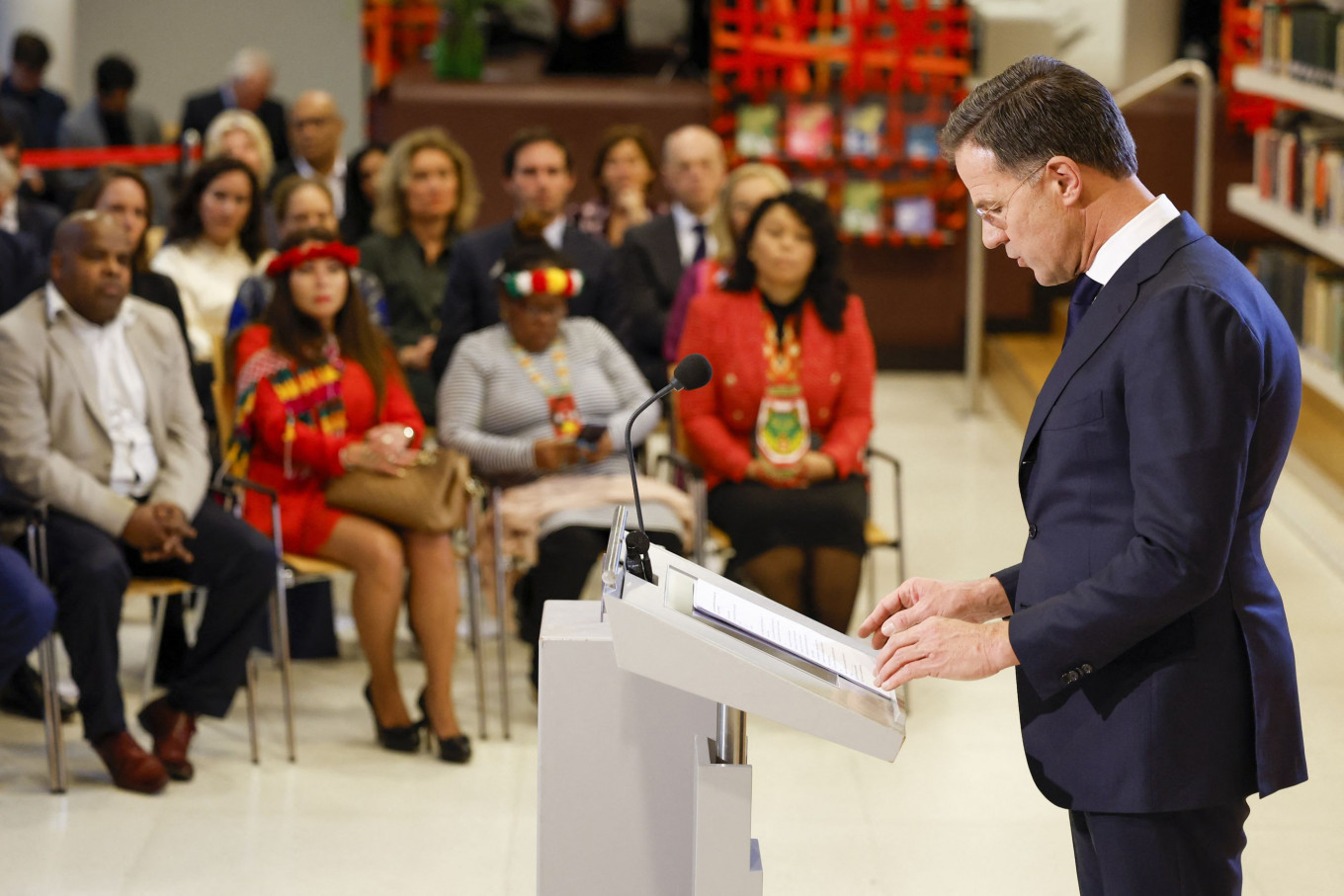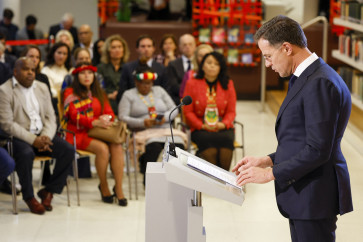Popular Reads
Top Results
Can't find what you're looking for?
View all search resultsPopular Reads
Top Results
Can't find what you're looking for?
View all search resultsThe Dutch are not guilty of war crimes in Indonesia?
With their assumption that the Indonesian land once rightfully belonged to the Netherlands, they reveal that at present, colonial thinking is still the leading narrative for Dutch politicians.
Change text size
Gift Premium Articles
to Anyone
O
n Dec. 14, 2022, the Dutch government published its second official response to the outcome of the study of “extreme violence”, a controversial research project that was also discussed and criticized in this newspaper before.
The first official response goes back to Feb. 17, 2022, when the research outcome was presented to the public. The Dutch government then stated that the violence of 1945-1949 could not be seen as separate from the colonial period before and that “even after the Second World War, colonial thinking remained the leading narrative for Dutch politicians and administrators”.
The latter comment suggested they believed this was different now. In contrast to 1969, when earlier governmental research was conducted, Dutch politicians now acknowledge the violence in Indonesia in 1945-1949 was not incidental but structural.
However, as I will argue, this does not mean their position is indeed anticolonial, as anticolonialism is the notion that colonial occupations were morally wrong and illegal.
When the results of the government-sponsored study were published in February last year, the research team explained they deliberately avoided the legal term “war crimes” and used the colonial concept of “extreme violence” instead. They did so to keep “deliberate distance from international-law frameworks”.
Already, then, I wondered whether the researchers, even though claiming to be independent, perhaps had received instructions from above? I got the impression avoidance of the term “war crimes” was to prevent Indonesians from using the outcome of the study as proof in court cases against the Dutch state.
Strikingly, the Dutch government in their second statement of last December argues that Dutch crimes in Indonesia do not qualify as “war crimes” because the international law that existed in that time did not yet adopt war crimes as a legal category. They write, “Prior to the adoption of the Geneva Conventions in 1949, criminal law and international law did not criminalize violations of international humanitarian law as a war crime during a non-international conflict.”



















